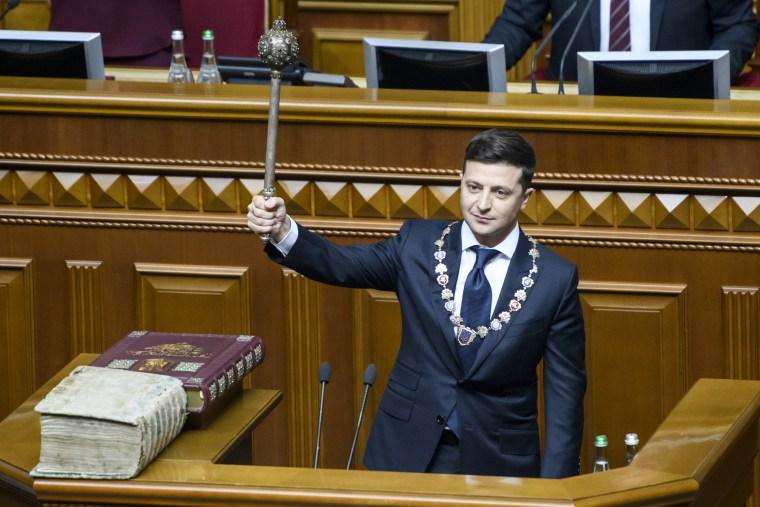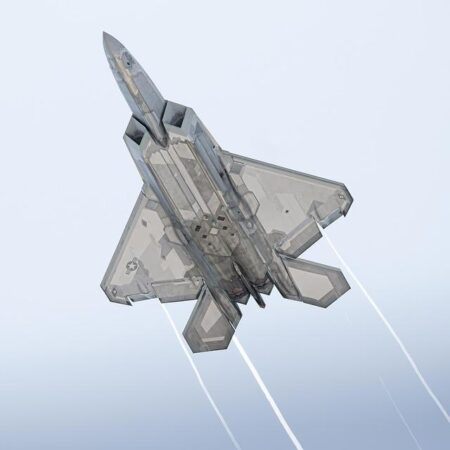In a rare convergence of views, Ukrainian President Volodymyr Zelenskyy and former U.S. President Donald Trump have both expressed optimism about the prospect of trilateral talks with Russian President Vladimir Putin aimed at ending the ongoing conflict between Russia and Ukraine. As the devastating war continues to reshape geopolitical dynamics, the calls for direct dialogue mark a notable development in efforts to seek a peaceful resolution. This article explores the significance of these statements and the potential impact of such high-level negotiations on the protracted crisis.
Zelenskyy and Trump Signal Willingness for Direct Dialogue with Putin to Resolve Conflict
Ukrainian President Volodymyr Zelenskyy and former U.S. President Donald Trump have both indicated a readiness to engage in direct talks with Russian President Vladimir Putin as part of efforts to find a diplomatic resolution to the ongoing conflict between Russia and Ukraine. The unusual alignment between the two leaders highlights growing international pressure for a peaceful settlement after years of hostilities.
Sources close to the negotiations suggest that the proposed trilateral discussions would focus on:
- Ceasefire terms and enforcement mechanisms
- Territorial agreements and security guarantees
- Humanitarian aid corridors for affected civilians
- Steps toward normalization of diplomatic relations
| Key Issue | Proposed Discussion Points |
|---|---|
| Ceasefire | Immediate halt to hostilities, verification protocols |
| Territorial Integrity | Clarification of borders, demilitarized zones |
| Humanitarian Aid | Safe access routes, refugee support |
| Political Dialogue | Path to diplomatic normalization |
Analyzing Potential Outcomes and Challenges of Proposed Trilateral Peace Talks
The prospect of trilateral peace talks involving Zelenskyy, Trump, and Putin marks a pivotal moment but comes with a complex web of potential outcomes and obstacles. On one side, there is hope for a de-escalation of hostilities, where diplomatic resolution might pave the way for Ukraine’s sovereignty restoration and possibly significant concessions on territorial disputes. However, the talks also risk becoming a mere platform for political posturing, as deep-seated mistrust among the parties could hinder meaningful agreements. Key challenges include aligning divergent national interests, the persistent influence of military actions on diplomatic efforts, and managing the expectations of domestic and international stakeholders who demand swift results.
Several critical factors will shape the trajectory of the negotiations:
- Balance of Power: Each leader’s geopolitical leverage influences bargaining strength and commitment levels.
- External Pressure: Sanctions and global diplomatic responses could either catalyze or complicate progress.
- Transparency and Verification: Mechanisms to enforce and verify agreements remain contentious and technically challenging.
| Potential Outcomes | Challenges |
|---|---|
| Ceasefire agreement with monitoring | Lack of trust in enforcement |
| Withdrawal of troops | Continued territorial disputes |
| Sanction relief for Russia | International pushback |
| Humanitarian aid corridors | Security threats in contested zones |
Experts Recommend Strategic Frameworks to Facilitate Productive Negotiations and Sustainable Ceasefire
International experts emphasize that successful negotiations require a well-structured approach anchored in clear objectives, trust-building measures, and inclusive dialogue. Key frameworks recommended for the ongoing Russia-Ukraine conflict focus on establishing mutual guarantees and phased commitments that pave the way toward a durable ceasefire. These approaches prioritize transparency, conflict de-escalation, and verification mechanisms monitored by impartial third parties to maintain accountability. Stakeholders advocate for strategies that not only halt immediate hostilities but also address underlying political and socio-economic grievances to prevent future escalations.
- Phased Negotiations: Breaking down talks into manageable stages facilitates progress and minimizes the risk of collapse.
- Third-Party Mediation: Involving neutral international actors helps foster trust and credibility.
- Confidence-Building Measures: Agreements on humanitarian corridors and prisoner exchanges promote goodwill.
- Verification Protocols: Implementing robust monitoring systems to ensure compliance.
| Framework Element | Purpose | Expected Outcome |
|---|---|---|
| Phased Talks | Gradual consensus-building | Reduced tensions |
| Neutral Mediation | Enable impartial facilitation | Increased trust |
| Confidence Measures | Build goodwill | Humanitarian relief |
| Verification Systems | Ensure adherence | Ceasefire durability |
Key Takeaways
As hopes for renewed dialogue emerge, the proposed trilateral talks involving Ukrainian President Volodymyr Zelenskyy, former U.S. President Donald Trump, and Russian President Vladimir Putin mark a potential turning point in the conflict. While significant challenges remain, the expressed willingness from all parties to engage in discussions offers a cautiously optimistic path toward de-escalation and a possible resolution to the ongoing war. Observers will closely monitor forthcoming developments as the international community continues to seek a durable peace in the region.




